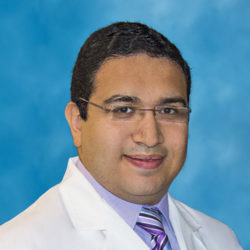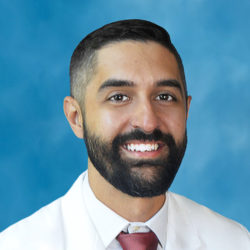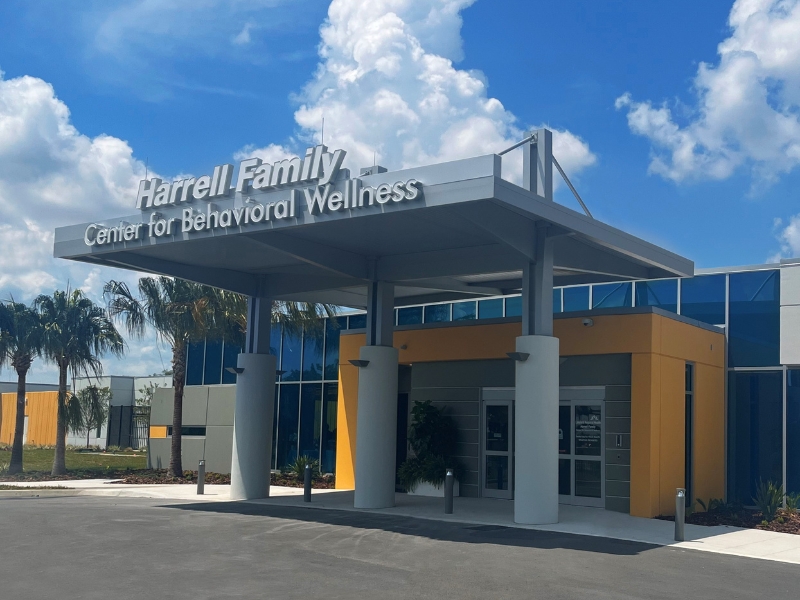Menu
Close
Close
- Find a Doctor
- Common Services
- Specialty Care
- Bariatrics (Weight-Loss Management)
- Harrell Family Center for Behavioral Wellness
- Breast Program
- Cardiology
- Cardiac Rehabilitation Program
- Cardiovascular Surgery
- Colorectal Surgery
- Dermatology
- Endocrinology – Adult and Child
- Epilepsy Monitoring Unit
- Gastroenterology
- General Surgery/Trauma
- Geriatrics
- Infectious Disease
- Lung Cancer
- Medical Oncology
- Neurology
- Neurosurgery
- Nephrology (Kidney Care)
- Obstetrics and Gynecology
- Orthopedics
- Otolaryngology (Ear, Nose and Throat)
- Pain Management
- Pediatric Therapy
- Physical Medicine and Rehabilitation
- Plastic Surgery
- Podiatry
- Psychiatry
- Psychology
- Pulmonology/Critical Care
- Radiation Oncology
- Rheumatology
- Sports Medicine
- Stroke
- Surgical Oncology
- Urogynecology
- Urologic Oncology
- Urology
- Vein Clinic
- Our Locations
- Centers of Excellence
- Bannasch Institute for Advanced Rehabilitation
- Center for Fetal Care
- Emergency Services
- Harrell Cardiovascular Institute
- Harrell Family Center for Behavioral Wellness
- Hollis Cancer Center
- Institute for Metabolic and Bariatric Surgery and Medicine
- Pavilion for Women and Children
- Trauma Center
- Wound Care Center
- Events & Support Groups
- About LRH
- Patient Information
- Medical Center & Pavilion
- About Our Hospital
- Admissions Information
- Advance Directives and Living Wills
- Baby Photos & Delivery Gifts
- Dining Services
- Emergency Services
- Extended Stay
- Frequently Asked Questions
- Gift Shop
- Medical Center
- Medical Staff Directory
- Patient Education
- Parking
- Pastoral Care
- Patient Safety and Quality
- Pharmacy
- Pharmacy Residency Programs
- Referral Transfer Center
- Safety and Security
- Collaborations
- News
- Contact
- Medical Professionals
- Patient Education
- Careers & More
- Patient Portal
- Bill Pay




